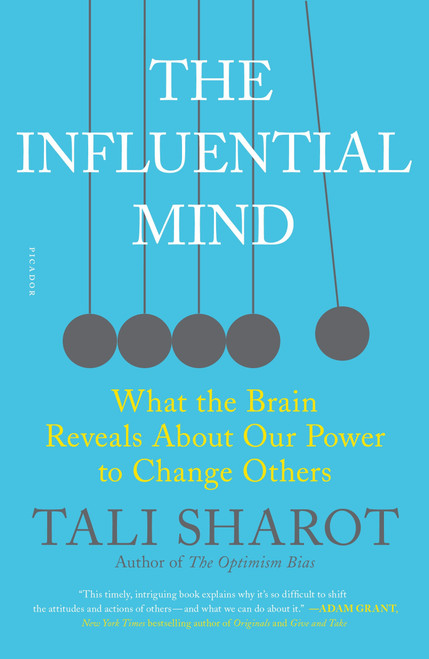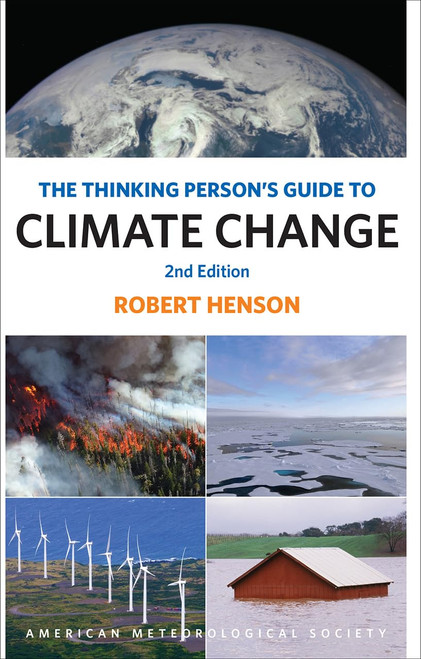Most of us recognize that climate change is real yet we do nothing to stop it. What is the psychological mechanism that allows us to know something is true but act as if it is not? George Marshall's search for the answers brings him face to face with Nobel Prize-winning psychologists and Texas Tea Party activists; the world's leading climate scientists and those who denounce them; liberal environmentalists and conservative evangelicals. What he discovers is that our values, assumptions, and prejudices can take on lives of their own, gaining authority as they are shared, dividing people in their wake.
With engaging stories and drawing on years of his own research, Marshall argues that the answers do not lie in the things that make us different, but rather in what we share: how our human brains are wired--our evolutionary origins, our perceptions of threats, our cognitive blind spots, our love of storytelling, our fear of death, and our deepest instincts to defend our family and tribe. Once we understand what excites, threatens, and motivates us, we can rethink climate change, for it is not an impossible problem. Rather, we can halt it if we make it our common purpose and common ground. In the end, Don't Even Think About It is both about climate change and about the qualities that make us human and how we can deal with the greatest challenge we have ever faced.












